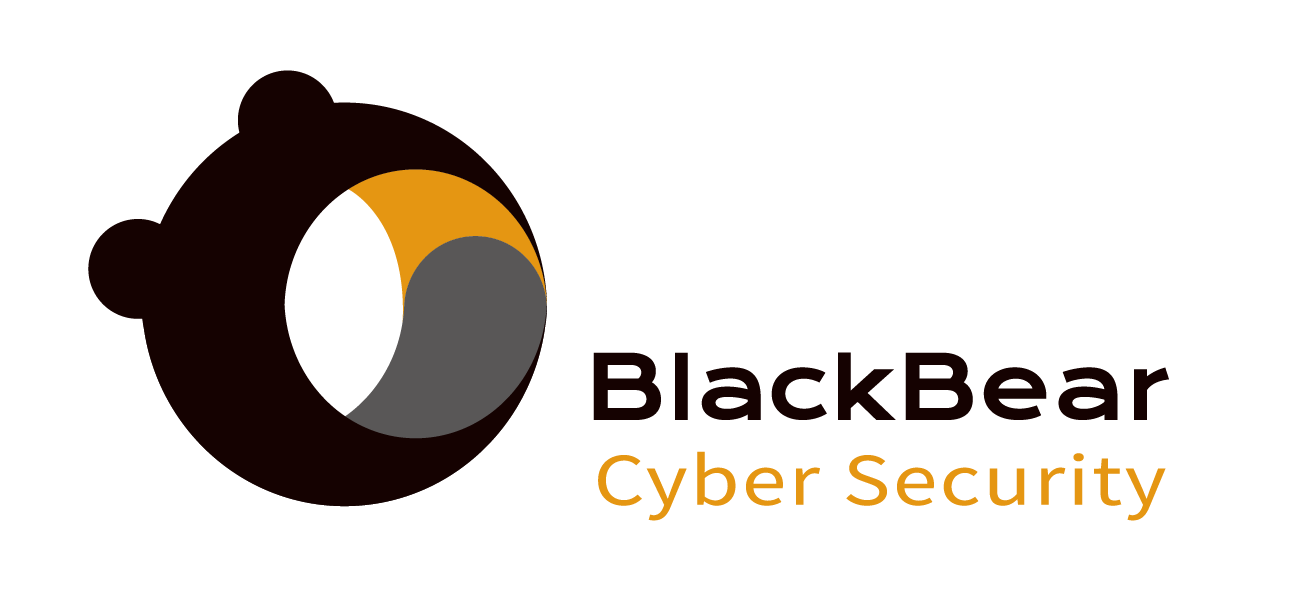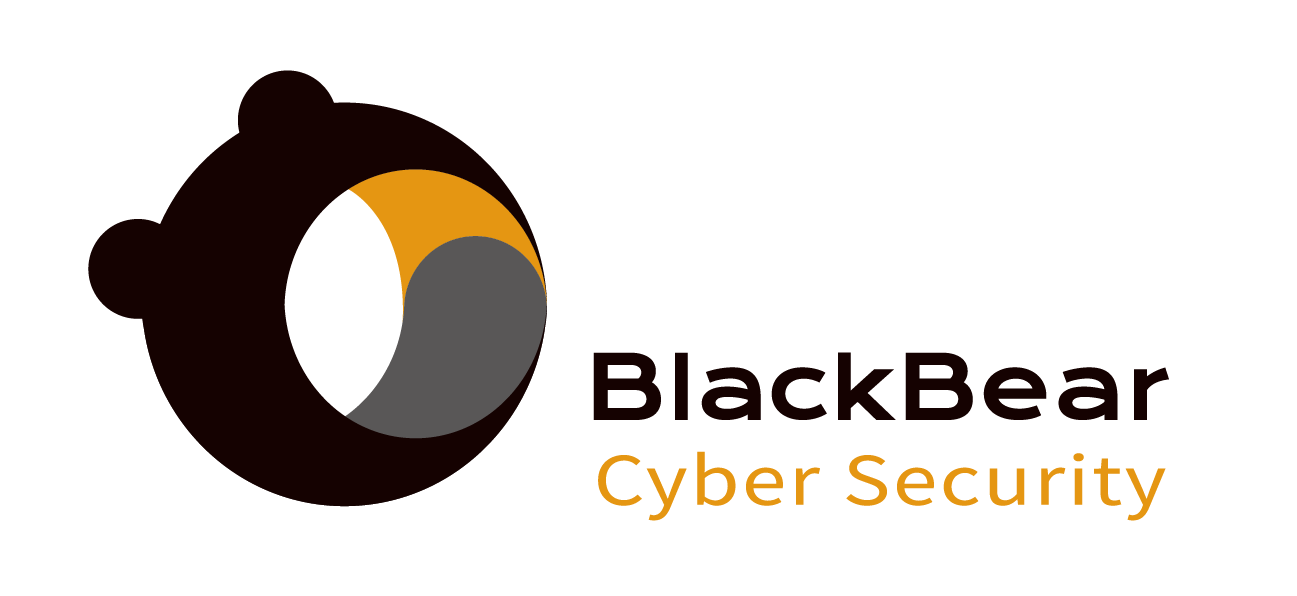Unidirectional Gateway: Types, Benefits & Applications

- Unidirectional Gateway: Types, Benefits & Applications
1. Introduction to Unidirectional Gateway
Unidirectional gateways, while not new, have gained significant relevance in today’s world where data breaches and cyber threats are increasingly common. But what exactly is a unidirectional gateway, and why is it so important?
Gateways are network devices that facilitate data transfer between different networks. Depending on the flow of data traffic possible, they can be bidirectional or unidirectional.
Bidirectional gateways can transfer data back and forth between the source and destination networks, allowing for communication in both directions.
On the other hand, unidirectional gateways send data in one direction, copying changes from the source to the destination network. However, if changes happen in the destination, they don’t travel back to the source network.
This unique feature is what sets unidirectional gateways apart from other network security solutions and makes them an essential component in protecting sensitive information and systems from cyber threats.
2 Unidirectional Security Gateway v.s. Firewall
Unidirectional gateways are often seen as a replacement for OT firewalls, but in reality, firewalls and unidirectional gateways serve different purposes in network security and are designed to address different security challenges. Hence, they are not inherently stronger or weaker than each other.
Firewalls are designed to control the flow of incoming and outgoing traffic between a network and the outside world. Based on predefined rules, they denyaccess in either direction when the data is deemed unsafe. Firewalls are used to block unauthorized access to a network, prevent malware and other threats from entering the network, and control the flow of network traffic.
Unidirectional gateways, however, are designed to provide a secure path for data transfer and in one direction only. They are used to transfer sensitive data from a secure network to a less secure network, or from a control network to a plant network, without the risk of sensitive information being leaked back to the source.
 You can find detailed comparisons and information in What are Data Diodes? How They Work in Cybersecurity
You can find detailed comparisons and information in What are Data Diodes? How They Work in Cybersecurity
3. Benefits of Unidirectional Gateways

The use of a unidirectional gateway in network security offers a plethora of benefits. These devices not only enhance security but also contribute to more efficient and reliable network operations.
2.1 Preventing Cyber Threats
One of the most significant advantages of unidirectional gateways is their ability to prevent cyber threats. This feature is particularly crucial in industrial network monitoring, where the integrity and security of data are paramount.
In an industrial setting, a successful cyber attack could result in the theft of sensitive data, disruption of operations, or even physical damage to equipment. By preventing any inbound data flow, unidirectional gateways protect industrial networks from these threats, ensuring the safe and uninterrupted operation of critical systems.
2.2 OT/IT Integration
Unidirectional gateways also play a vital role in Operational Technology (OT) and Information Technology (IT) integration. OT systems are typically responsible for controlling physical processes and equipment, while IT systems handle data processing and business operations. Integrating these two domains can be challenging due to their different requirements and standards. Unidirectional gateways bridge this gap by providing a secure and reliable data transfer mechanism, enabling the benefits of OT/IT integration while providing a controlled interface between the OT and IT environments, reducing the risk of cyber threats.
They allow data to flow from the OT environment, where it’s generated, to the IT environment, where it can be processed and analyzed. This one-way flow of data ensures that potential cyber threats in the IT environment cannot infiltrate the OT environment, maintaining the integrity and security of the industrial control systems.
The integration of OT and IT, though, brings about several benefits:
- It improves efficiency by enabling real-time data analysis, which can lead to more informed decision-making.
- It allows for better resource allocation and operational planning, as data from the OT environment can provide valuable insights into the performance and status of industrial processes.
 For a thorough exploration of OT cybersecurity, refer to Securing the Future: A Comprehensive Guide to OT Cybersecurity
For a thorough exploration of OT cybersecurity, refer to Securing the Future: A Comprehensive Guide to OT Cybersecurity
2.3 Downtime Prevention
Another benefit of unidirectional gateways is their potential to prevent downtime. By preventing cyber attacks that could disrupt network operations, these devices help maintain continuous and efficient operations. In today’s fast-paced digital world, downtime can be costly. It can lead to lost productivity, missed opportunities, and damage to a company’s reputation.
Unidirectional gateways address this issue by not only providing a secure and reliable data transfer mechanism but also optimizing the data transfer process. For example, they may prioritize critical data and ensure its timely delivery, thereby enhancing the overall efficiency of data transfer.
Furthermore, these gateways can handle large volumes of data, ensuring that the data transfer process does not become a bottleneck in the system. This is particularly important in industrial settings where vast amounts of data are generated and need to be processed in real-time.
3. Unidirectional Gateways are Used In…?

Unidirectional gateways find application in various sectors, each with its unique set of requirements and benefits. Let’s look at some examples of gateway applications.
3.1 Healthcare Systems
In healthcare systems, unidirectional gateways ensure the secure transfer of sensitive patient data, protecting it from potential cyber threats while complying with privacy regulations.
This is particularly important in today’s healthcare environment, where electronic health records and telemedicine are becoming increasingly common. Cyberattacks on hospitals can result in not only ransom payments but also the loss of valuable operational capacity. By ensuring the secure transfer of patient data, unidirectional gateways help healthcare providers deliver safe and effective care.
3.2 Industrial Control Systems
In industrial control systems, these gateways safeguard critical operational data, ensuring the smooth and secure functioning of industrial processes. These are designed for systems like SCADA (Supervisory Control and Data Acquisition), allowing data to flow from the control network to the corporate network while blocking potential cyber threats. From power plants to manufacturing facilities, industrial control systems are responsible for controlling and monitoring a wide range of physical processes.
Unidirectional gateways serve as a robust shield for these systems against cyber threats. They ensure data integrity by meticulously checking the transmitted data for any malicious packets that could jeopardize the system. This rigorous scrutiny ensures that the data driving the industrial processes remains pure and uncompromised.
Furthermore, these gateways enhance the reliability of the industrial processes. They safeguard critical infrastructure to prevent downtime, which is crucial for maintaining continuous operations. By doing so, they ensure that the industrial processes they control can be relied upon to function smoothly and efficiently, even in the face of potential cyber threats.
 For more comprehensive information, reach out to What is Industrial Cybersecurity: Control System & Solutions
For more comprehensive information, reach out to What is Industrial Cybersecurity: Control System & Solutions
3.3 Substation Systems
Unidirectional gateways play a pivotal role in enhancing the security and efficiency of substation systems. These gateways, placed between internal OT networks and exposed networks, are integral components of modern substation systems, ensuring a one-way flow of information and eliminating the possibility of external threats infiltrating the network.
Substations, being critical infrastructures in the power grid, are increasingly targeted by cyber-attacks. Unidirectional gateways provide a robust solution to this problem. They allow data to exit the substation network, enabling real-time monitoring and control, while preventing any potential cyber threats from entering the system. This contributes significantly to the overall security of the substation systems.
Moreover, unidirectional gateways enhance the efficiency of substation systems. They facilitate the seamless transfer of data from Operational Technology (OT) networks to Information Technology (IT) networks, enabling efficient data analysis and decision-making processes. This data transfer is crucial for the optimization of power distribution and the prevention of power outages.
In the context of substation systems, the concept of secure configuration management is also worth mentioning. Secure configuration management ensures that the system configurations are set up correctly and securely, further bolstering the security of the substation systems. It involves the systematic management of security features for networks, servers, applications, and other IT resources. You can find more information on secure configuration management in this article.
3.4 Remote Monitoring Systems
Unidirectional gateways are also essential in remote monitoring systems, where they ensure the secure and reliable transmission of monitoring data.
For instance, a security surveillance system needs real-time data to detect potential threats and respond promptly. Similarly, a remote weather monitoring station requires accurate and up-to-date data to provide reliable weather forecasts.
In these scenarios, unidirectional gateways serve as the secure conduit for this crucial data. They allow the data to flow from the remote monitoring systems to the data processing centers, while preventing any potential cyber threats from infiltrating these systems.
3.5 Military Systems
In military systems, securing reliable communication to protect the integrity of sensitive military data is crucial. In the United States, the Secretary of Defense is tasked with developing, preparing, and coordinating military cyber activities as outlined in the 10 U.S. Code § 394, which grants authority for conducting cyber operations to defend the country.
In command and control systems, unidirectional gateways ensure that orders and strategic information are securely transmitted from the command center to the field units, without the risk of interception or tampering by adversaries.
In battlefield communication networks, these gateways allow for the secure transmission of real-time situational data, such as enemy positions or terrain information, from reconnaissance units to the command center. This helps in making informed tactical decisions while ensuring the data’s integrity.
4. Explore Tailored Solutions for Your Network Security in BlackBear

BlackBear unidirectional gateway solutions are designed to meet the needs of a wide range of industries, from utilities to government, defense, and industrial automation. We provide robust protection against a wide range of cyber threats, ensuring that your data remains secure and confidential.
Key features of BlackBear solutions include:
Cloud-Based Protocol Compatibility: Ensuring seamless integration with cloud services, enhancing flexibility and scalability for various organizational needs.
Enhanced Last-Mile Data Security: Providing an additional layer of security to safeguard data during its most vulnerable phase of transmission.
Seamless Integration with Existing Systems: Designed for easy implementation, these unidirectional gateways fit into existing network systems without major overhauls.
To learn more about BlackBear Unidirectional Gateways, check our product information sheets or contact our experts.
Your Network Security is Our Duty!
 For more information, click An In-depth Look at Hardware-based Cybersecurity
For more information, click An In-depth Look at Hardware-based Cybersecurity

